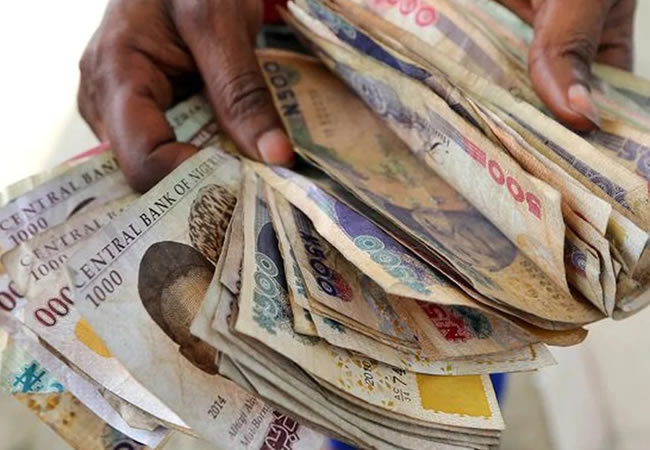Money market rates continued to fall as ample liquidity in the financial system restrained fluctuations in short-term benchmark interest rates. The market saw fresh inflows from matured Open Market Operation (OMO) bills, alongside an outflow due to a foreign exchange (FX) auction.
As a result, short-term interest rates fell further, and banks experienced eased funding pressures. The Nigerian Interbank Offered Rate (NIBOR) decreased across most maturities, with overnight, 3-month, and 6-month rates declining by 1.30%, 0.52%, and 1.04%, to reach 26.58%, 27.58%, and 27.88%, respectively, according to Cowry Asset Limited.
This trend reflects greater liquidity within the banking system, as local banks had previously faced pressure to meet daily liquidity needs, causing them to borrow at elevated rates. Data from the FMDQ platform confirmed similar trends, showing that the Open Buy Back (OBB) and Overnight (O/N) lending rates dropped by 0.79% and 0.78%, closing at 26.53% and 26.95%.
AIICO Capital Limited also noted that, despite a slight dip, liquidity in the financial market remained solid. The investment firm attributed this stability to inflows from matured OMO bills, totaling ₦325 billion, which helped offset the Central Bank of Nigeria’s (CBN) FX intervention sales to local banks.
In summary, the Overnight Policy Rate (OPR) and the Overnight Rate (O/N) both declined, with the OPR decreasing by 79 basis points and the O/N by 78 basis points, closing at 26.53% and 26.95%, respectively.












